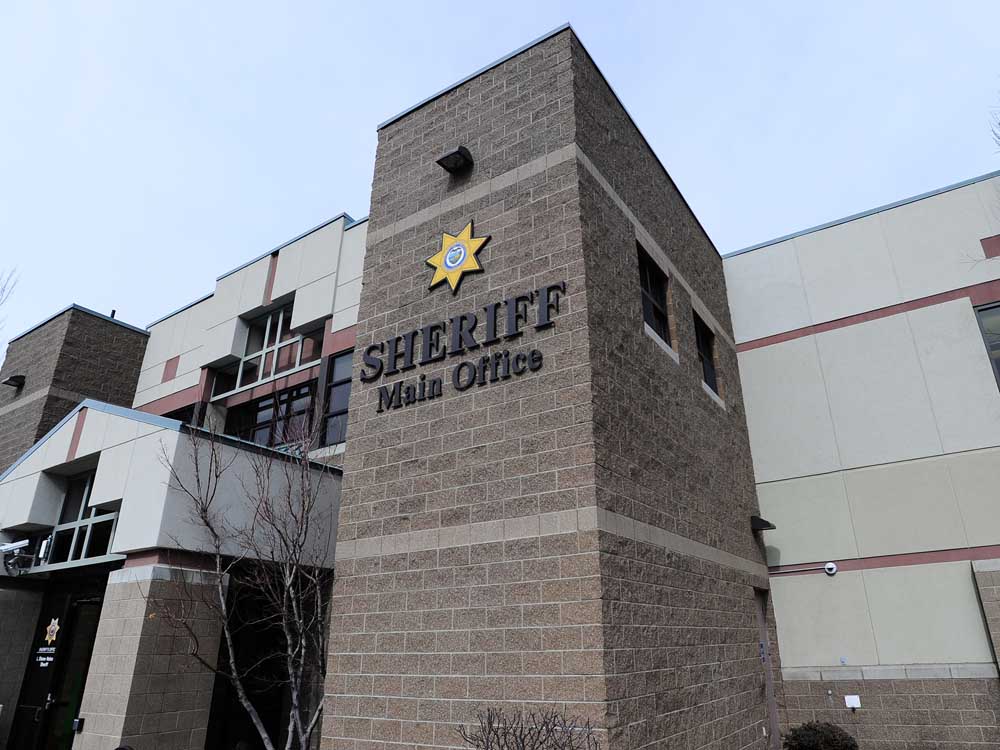Already a spectacle, the draft will probably continue to grow
Published 12:00 am Saturday, April 28, 2018
The NFL is sometimes derided as the No Fun League for its oh-so-serious ways. But when it comes to making money, commissioner Roger Goodell and the 32 owners experience plenty of joy.
The league has annual revenues of more than $13 billion, and those grow by roughly $1 billion a year. The latest iteration of this financial freight train is on display this week in Dallas, where the league decamped for the NFL draft that began Thursday night at AT&T Stadium. Dubbed “Jerry World” for its builder, Cowboys owner Jerry Jones, the stadium is one of the largest in the league and the biggest stage yet for the highlight of the NFL offseason.
Trending
It also makes one forget that just a few years ago, the three-day celebration of college football turning into newly minted millionaires was held in Manhattan at the rather dowdy Radio City Music Hall. Sure, there were red-carpet arrivals for the players and fans milling around midtown in jerseys of their favorite teams. But the event was limited by the confines of the city filled with a thousand distractions. The event barely registered with the locals.
So when the NFL could not resolve a scheduling conflict with the venue it struck on the idea of taking the draft on the road. It was an inspired solution. The draft went to Chicago for two years, then to Philadelphia last year, and now to North Texas, the cradle of 21st century football, where it is taking place in a stadium, not a hotel or theater, with room for tens of thousands more fans at the festival like setup outside the building.
That is a long way from the ballroom of the New York Sheraton, where the draft was held in 1980, the first year ESPN televised it, and it shows just how much the league has evolved from the business of sport to the business of spectacle.
“At the end of the day, it was, how do we make it as accessible as we can to the fans, and something we couldn’t make at Radio City,” said Peter O’Reilly, the senior vice president of events at the league.
The NFL, of course, did not grow so large by leaving money on the table. So it has deployed its tried-and-true strategy of dangling the supposed glamour of pro football in front of cities eager to cozy up to the nation’s biggest sports league. In return, the league has received subsidies, police escorts and city permits.
The NFL does not charge fans to attend, but sponsors line up to have their brands plastered on the event, which this year may surpass last year’s record of 250,000 attendees. For the first time this year, three networks — ESPN, the NFL Network and now Fox Sports — are broadcasting the proceedings. More than 2,000 media passes were issued this year, more than double the 904 issued in 2010, the first year the draft was held in prime time. A supersized draft costs millions of dollars to produce, but O’Reilly said it now essentially breaks even.
Trending
Now that the draft is fully unshackled from New York, where it took place for nearly half a century, the NFL intends to continue taking its show on the road. Twenty other cities have expressed interest in playing host to the event in the coming years, a list that has been narrowed to five finalists: Canton/Cleveland, Denver, Kansas City, Las Vegas and Nashville, Tennessee. At the owners meeting at the end May, two of the five cities will be chosen to host the 2019 and 2020 drafts.
For Butch Spyridon, president of the Nashville Convention and Visitors Corp., jumping through all the hoops to try to bring the draft to the Music City was a no-brainer. Nashville has a well-earned reputation as a party town, with an easy-to-navigate downtown. The city has good weather in April, and it is within driving distance of several NFL cities, including Atlanta, New Orleans and Cincinnati.
“For me, it always felt like something Nashville would embrace,” said Spyridon, who traveled to New York to make a presentation to the league in December.
Spyridon figures that his organization will have to spend about $3 million to host the event. Roughly half that money will come from local companies pitching in. The Titans might pitch in, too. But visitors to Nashville will spend between $5 million and $10 million, and the amount of exposure for the city on television would be hard to replicate with another event. “It builds our résumé of our ability to host events,” he said.
Officials in Arlington, Texas, are saying much the same thing. Though many fans will stay in Dallas, Fort Worth and surrounding cities, the hotels in Arlington have received 25 percent more bookings this week than at the same time last year.
“It’s more than an NFL game, it’s more like the NCAA championship,” said Arlington’s mayor, Jeff Williams. “It’s not just a single day, there are things happening all week.”








